
Georgia: EU and UNDP conducts labour market research to boost reforms in vocational education and training
Among the main barriers to recruitment, Georgian employers cite a lack of professionalism and low motivation of job seekers. At the same time, 88% of companies say they do not cooperate with vocational colleges and training centres. Only 24% of employers said they had collaborated with vocational training institutions to offer students internships and on-the-job training opportunities.
These and other findings can be found in a labour market study published by the European Union and UNDP on 13 September.
The study, conducted by ACT Research Company in cooperation with the Ministry of Education and Science of Georgia and the Skills Agency, focuses on the tourism and health/wellness sectors and covers 14 municipalities in five regions of Georgia (Adjara Autonomous Republic, Guria, Imereti, Kakheti, Racha-Lechkhumi Kvemo Svaneti).
The study provides information on the most in-demand professions and occupations, examines the professional qualifications needed in these market segments, analyses how existing vocational education and training programmes correspond to market demand, and assesses the prospects for introducing and developing new educational programmes. It also contains recommendations on how to develop cooperation between employers and educational institutions and how to make vocational education and training more responsive to the needs of young people, women, people with disabilities and members of ethnic minorities.
According to GEOSTAT, unemployment in Georgia averages around 18%, reaching 30% in some regions. In the age group of 15-29, the unemployment rate ranges from 28% to 50%.
Find out more
MOST READ
SEE ALSO
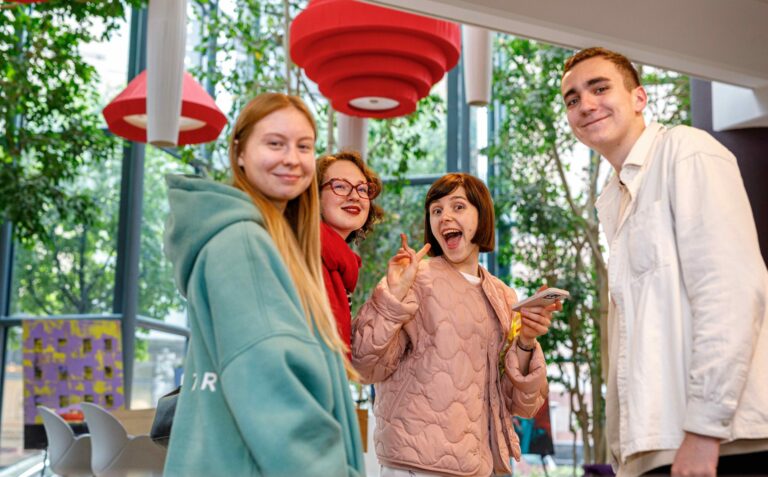
Voice Your Vision: Young European Ambassadors take part in European Forum of Young Leaders in Warsaw
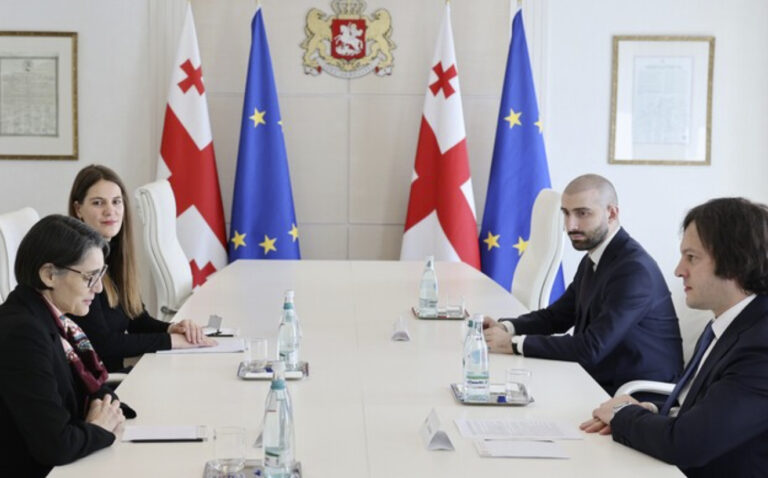
Recently appointed Head of EU Monitoring Mission meets with Georgian Prime Minister
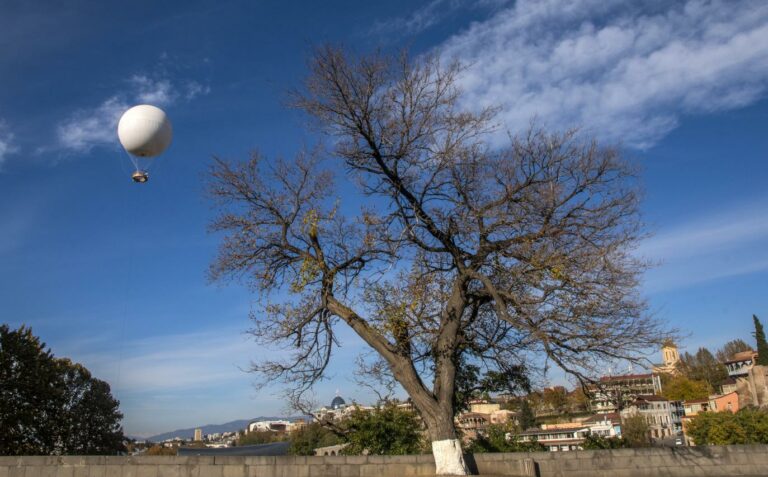
EU, UN and Austria launch new project to improve air quality in Georgia
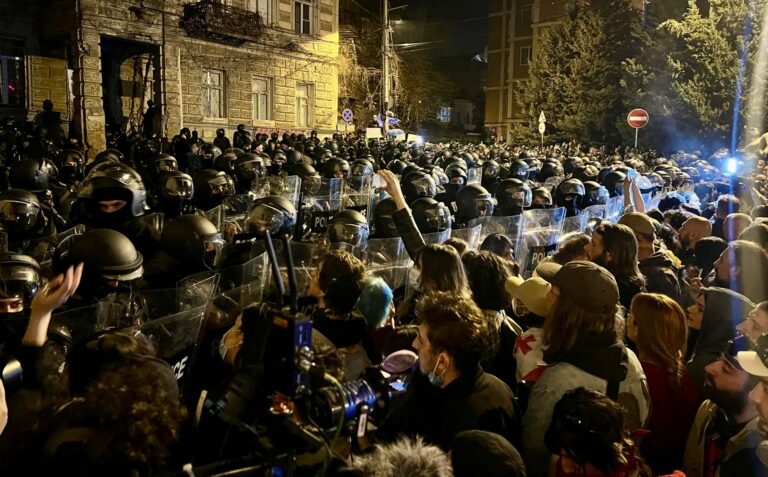
‘Not in line with EU core norms and values’: EU urges Georgia to refrain from adopting law on foreign influence
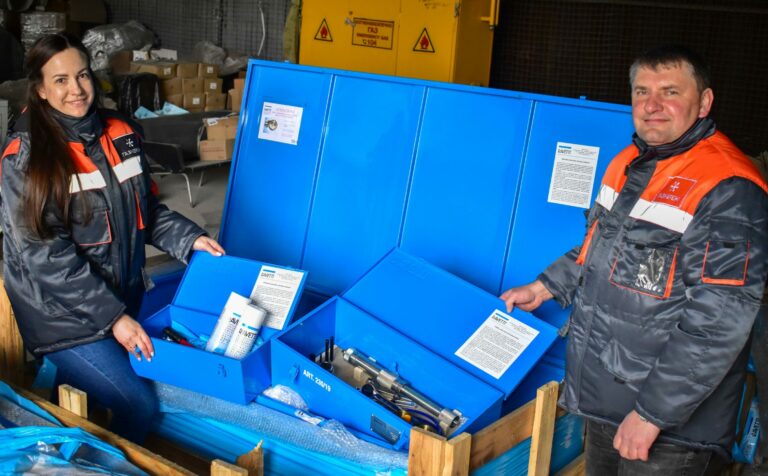
Ukraine Support Task Force delivers 20 tonnes of specialised equipment donated by Czech company
More campaign pages:
Interested in the latest news and opportunities?
This website is managed by the EU-funded Regional Communication Programme for the Eastern Neighbourhood ('EU NEIGHBOURS east’), which complements and supports the communication of the Delegations of the European Union in the Eastern partner countries, and works under the guidance of the European Commission’s Directorate-General for Neighbourhood Policy and Enlargement Negotiations, and the European External Action Service. EU NEIGHBOURS east is implemented by a GOPA PACE-led consortium. It is part of the larger Neighbourhood Communication Programme (2020-2024) for the EU's Eastern and Southern Neighbourhood, which also includes 'EU NEIGHBOURS south’ project that runs the EU Neighbours portal.

The information on this site is subject to a Disclaimer and Protection of personal data. © European Union,







